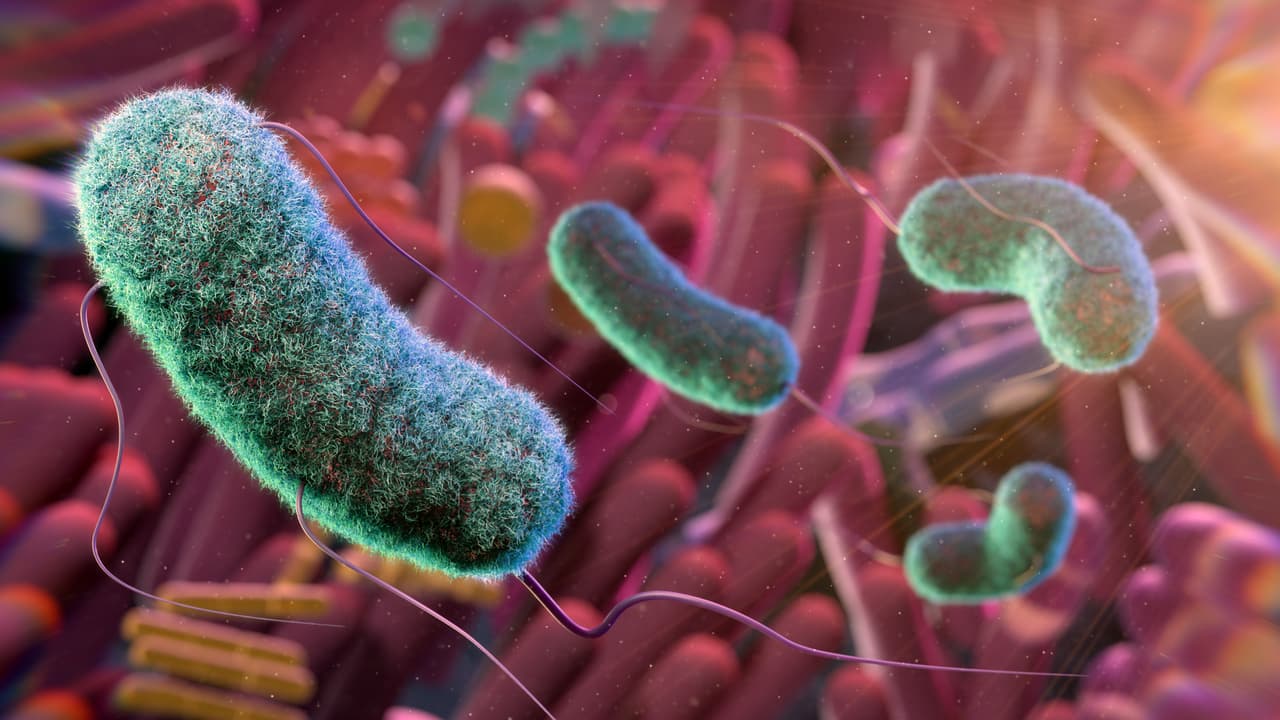A new study shows caffeine in coffee may weaken antibiotics like ciprofloxacin by altering bacterial transport proteins. Researchers warn everyday substances in our diet could influence antibiotic effectiveness and low-level resistance.
That daily cup of coffee might have an unexpected downside. According to researchers at the University of Tübingen and the University of Würzburg, caffeine can influence how bacteria like Escherichia coli (E. coli) respond to antibiotics. Published in PLOS Biology, the study shows that caffeine triggers a chain reaction inside E. coli cells, reducing the uptake of ciprofloxacin, a commonly used antibiotic.
How Diet Affects Bacteria
Researchers examined 94 common compounds, ranging from prescription medications to food ingredients, to see how they influence Escherichia coli (E. coli), a bacterium that can cause infections. They found that many of these substances trigger genetic regulators controlling transport proteins—tiny pumps and pores that decide what enters and exits bacterial cells.
This subtle shift in regulation can change how effectively antibiotics get inside bacteria. In the case of caffeine, the team found that it activates a gene regulator known as Rob, which in turn alters transport proteins. The result: reduced uptake of the antibiotic ciprofloxacin, making it less effective.
Different Bacteria, Different Responses
Interestingly, the same effect was not seen in Salmonella enterica, a close relative of E. coli. This suggests that even closely related bacteria may react differently to the same environmental triggers, depending on how their transport systems work.
A New Look at “Low-Level” Resistance
The study, published in PLOS Biology, highlights a form of low-level antibiotic resistance—not caused by resistance genes, but by environmental cues that rewire bacterial behavior.
“Such findings remind us that what we consume daily, even something as common as caffeine, can subtly shape how bacteria respond to treatment,” says lead researcher Professor Ana Rita Brochado.
Implications for Treatment
This research could eventually influence how antibiotics are prescribed. Doctors may need to consider not just the drug itself, but also what patients are consuming—be it food, supplements, or other medications—that could affect treatment outcomes.
